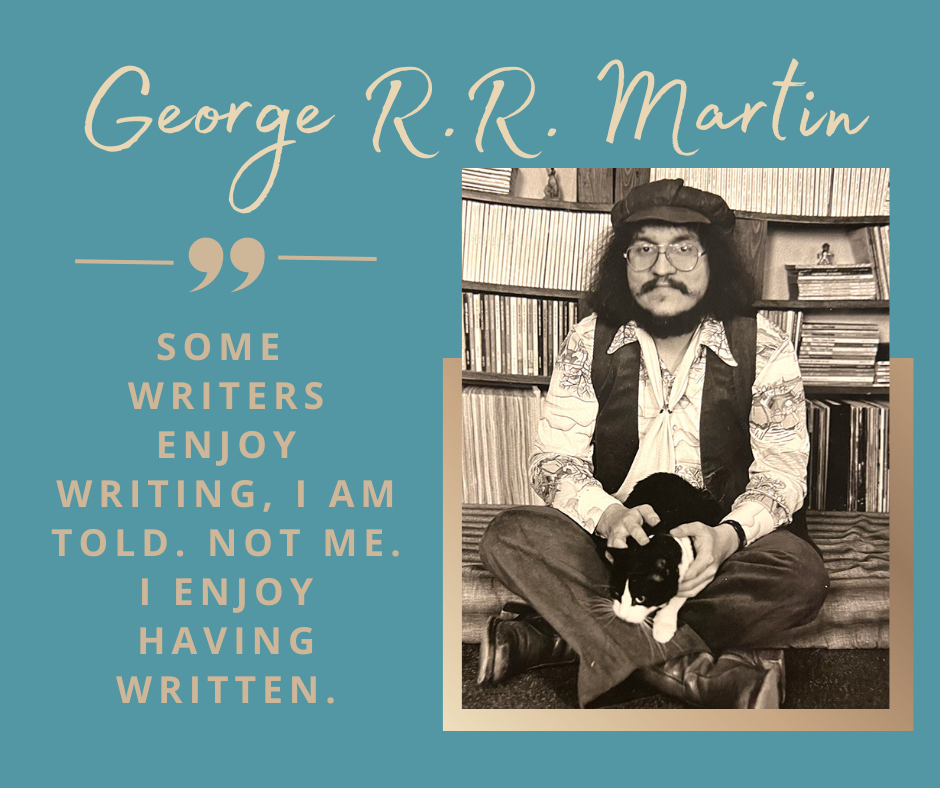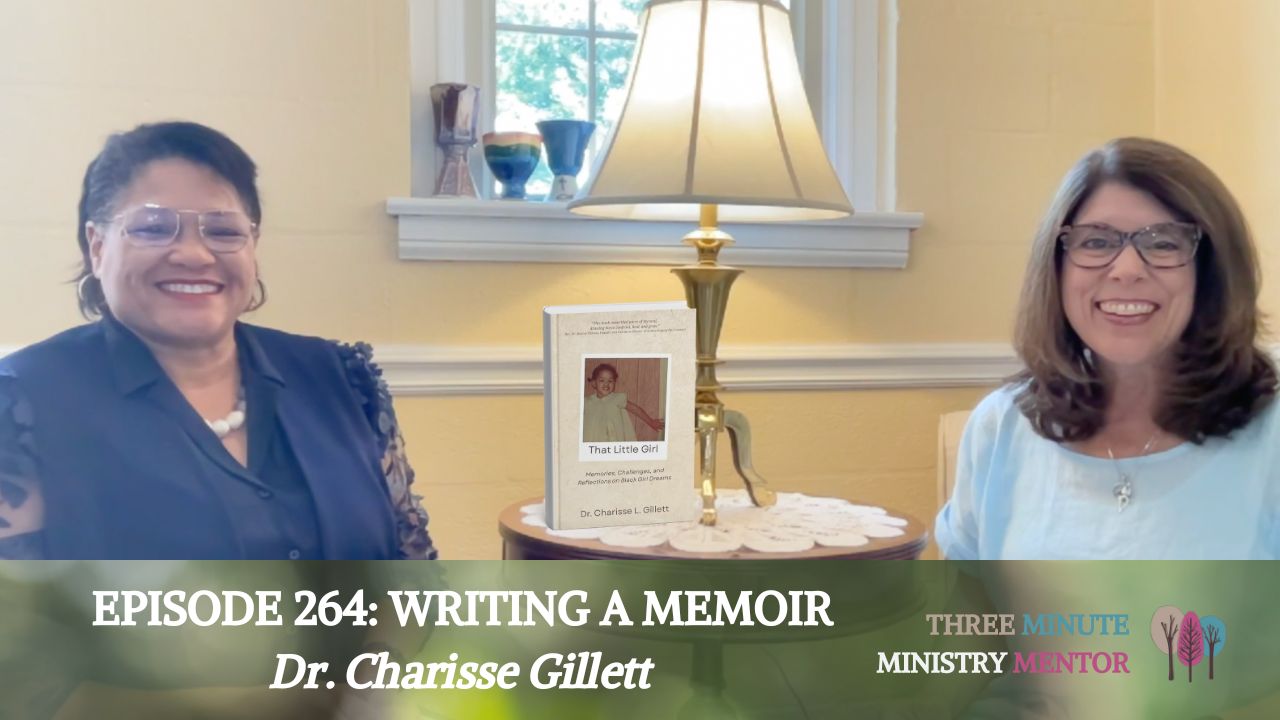Writing a Memoir with Dr. Charisse Gillett
Today we are talking once more with Dr. Charisse Gillett, president of Lexington Theological Seminary and author of That Little Girl. Our topic today is writing a memoir. We are also going to explore four kinds of writing communities that can support you. I asked our guest several questions about how she wrote her own memoir.
When we hear one another’s stories about how we do our creative work, we can be inspired. And when we hear how an author makes choices about her writing, it’s not about imitating her process. We can learn from it, seeing what we would do in our own circumstances. Essentially, there’s no substitution for a story of how someone else engages their creative process to inspire us with our own.
We focus our attention fully on Charisse’s book today and talk about how she shaped a memoir. We also spend a little time considering how she completed her book manuscript. If you are someone currently contemplating a memoir, or writing a book of any kind, it is worth a few minutes of your day to listen in on Charisse’s perspectives.
Our first conversation “Call the Roll” focused on gratitude for people who have shaped our lives. And our second conversation “Holding Hope” was about breaking barriers and staying hopeful in theological education.
What goes into a memoir?
Many ingredients and perspectives go into writing a memoir. Currently a very popular genre, many well known actors, singer-songwriters, journalists, comedians and politicians published their personal stories in recent years.
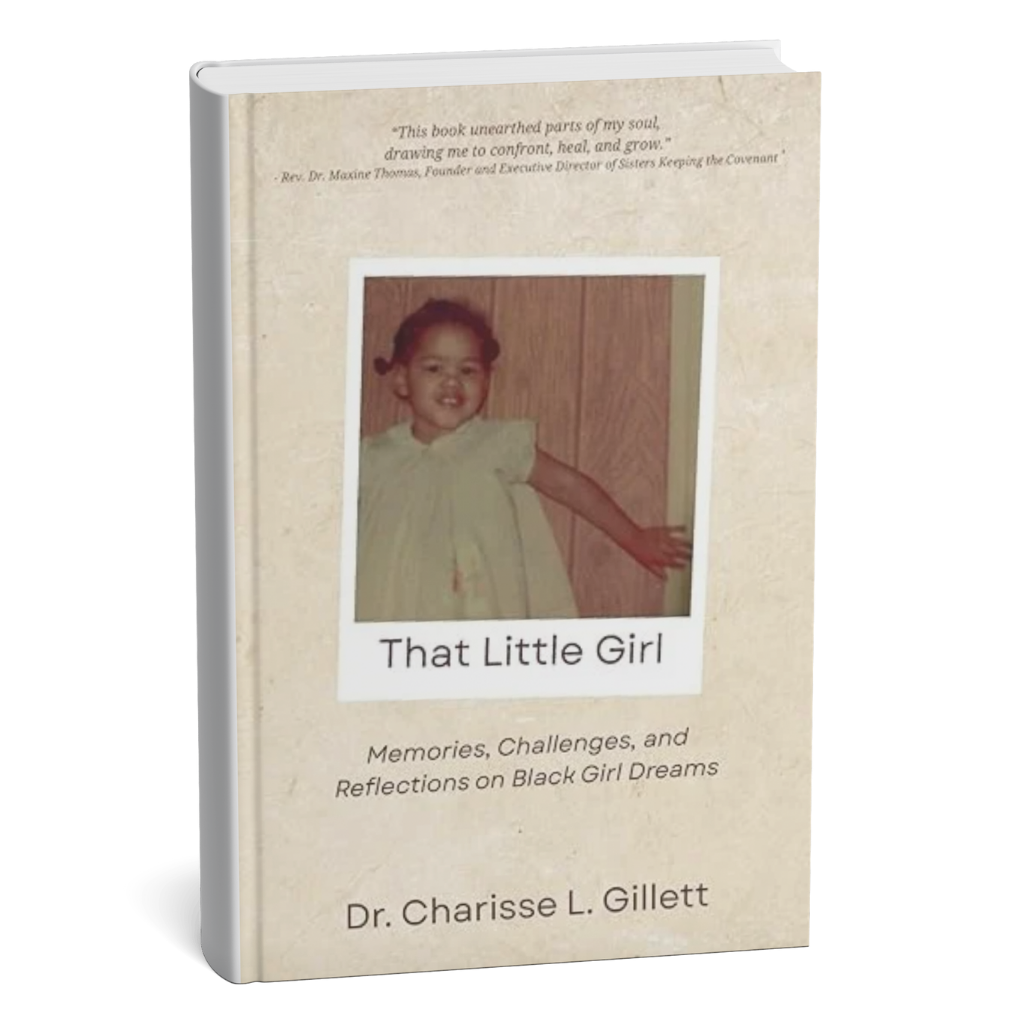 Spiritual, religious, and specifically Christian authors are no exception. Several popular memoirs appeared in recent years, such as Dana Trent’s Between Two Trailers. And of course we are featuring Charisse Gillett’s memoir this month: That Little Girl. So much contemporary writing, although not solely memoir, includes firsthand accounts of one’s life. Even academic articles and books increasingly take a first person point of view.
Spiritual, religious, and specifically Christian authors are no exception. Several popular memoirs appeared in recent years, such as Dana Trent’s Between Two Trailers. And of course we are featuring Charisse Gillett’s memoir this month: That Little Girl. So much contemporary writing, although not solely memoir, includes firsthand accounts of one’s life. Even academic articles and books increasingly take a first person point of view.
My next book includes me as one of the characters. I have a role in each chapter. And of course I am the book’s narrator. I needed time to find my voice and perspective in my current book about women and queer clergy. It was a struggle. I needed some coaching, conversation, and feedback to settle into my role in the book. The effort paid off (I hope). Now I’m present on the page, and I can take my readers by the hand to meet the places and people important to the book.
Writing Communities to Support Our Creative Work
Lately I’ve had a message on repeat. When I talk to writers, which is every weekday at the Writing Table, I’m yammering on about various writing communities. I believe we need (at least) four kinds of communities to support our work. No single group, bestest writing buddy, or even your favorite writing coach can give you all the support needed. Becoming a writer, means adopting a complex multifaceted process and practice. You’ll need various kinds of communities to help you find your way.
1) Committing to Better Habits as Writers
We need a community that holds us accountable to the habits and practices of writing itself. That is what I do daily in hosting the Writing Table. Coming to the Writing Table and hearing other writers talk about their habits helped Charisse, and scores of other writers, deepen their commitment and write more consistently to finish their projects.
From our earliest meetings, I encouraged Charisse to write just five minutes a day. And I urged her to come to the Writing Table at least once a week. She did. And it let her be with other writers doing the same thing – improving their writing habits. People work on all sorts of projects. Yet we are all learning consistency, showing up for our writing, and keeping promises to ourselves.
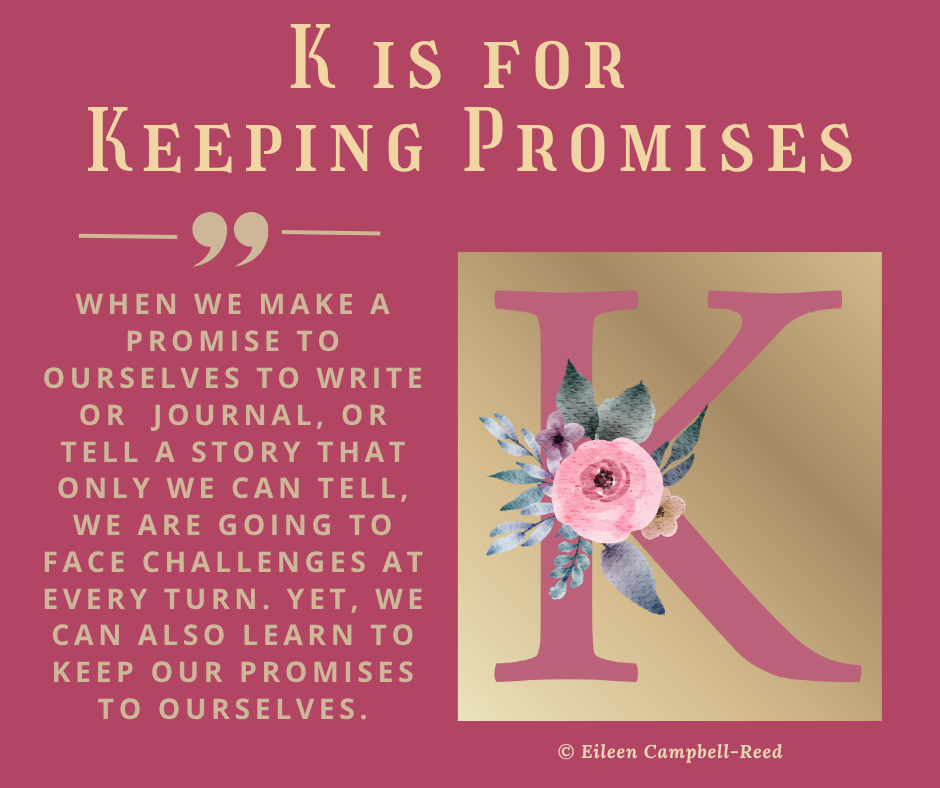
2) Improving Our Craft as Writers
The second kind of community we need as writers should help us improve our craft and our skills. These are the communities that help us become better writers on the page. They also help us become better editors of our own work. This type of community can be fleeting, and it is okay. It can take the form of individual coaching, group coaching, retreats, or craft classes. As we discuss in the interview, as Charisse’s coach, I asked questions of her writing to help her better craft her stories. I invited her to reach for more details and be more vulnerable and explore the emotion of her stories.
Here are a few of my favorites: The Porch (Nashville and online). Craft Talks holds regular online topical classes. The Collegeville Institute offers summer classes in Minnesota, occasional online workshops, and Fall, Winter and Spring writing residencies. Author Darien Gee likes to ‘go live’ on her substack platform “Writer-ish” and offer micro-prose classes. These are all spaces where I have engaged and invested my time and money to improve my writing. There are hundreds more, and sometimes we share this type of resource at the Writing Table.
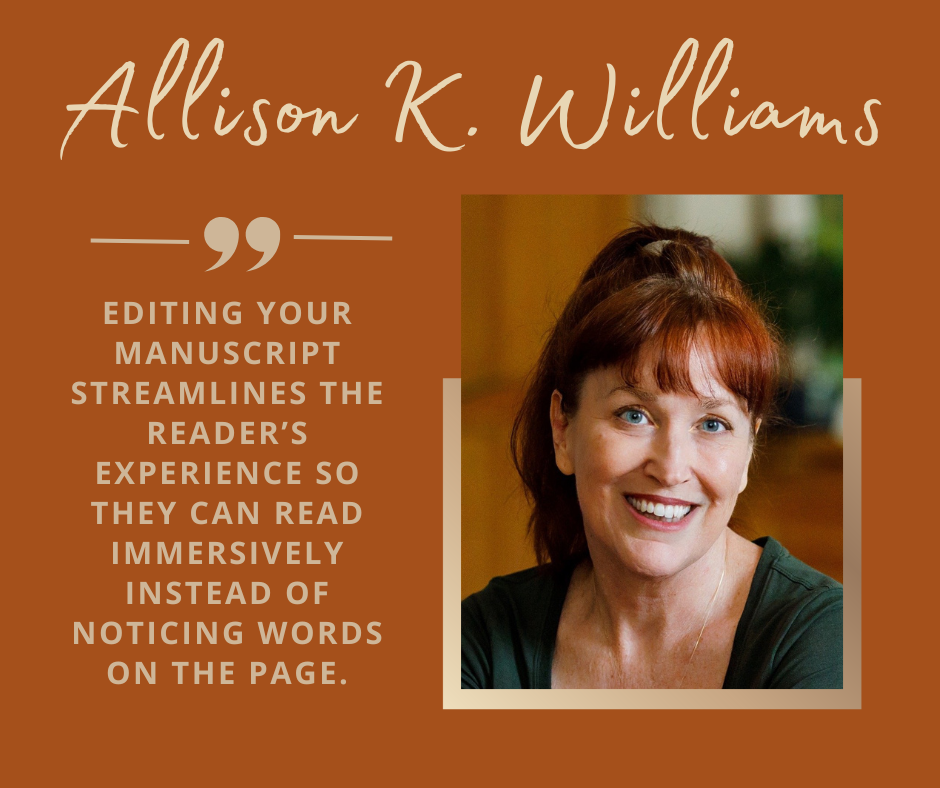
3) Getting Feedback on Our Writing
A third kind of writing community is one that includes opportunities to talk about your work, share your work, and give mutual feedback. I find those communities the hardest to sustain. It is risky to share your work at early stages with others, but it is the only way to get feedback you need for making it better.
Sometimes craft classes and retreats allow you space to share your work and get feedback. I do that in residential retreats that I lead. Also coaching groups and individual coaching can help you receive the feedback you need on your writing. This was the kind of coaching I did with Charisse, and dozens of other writers. Basic coaching is for talking about a project generally, and developmental coaching gives concrete verbal and written feedback about your written work.
Last year I ran a group which I convened monthly to read with me and give me feedback in writing and on zoom. It was incredibly supportive to me. And each month, I was also on the hook to support attendees in their vocations as ministers. People want to know what’s in the reading for them. The Baptized & Ordained group really helped me consider how to write a book that ministers want to read.
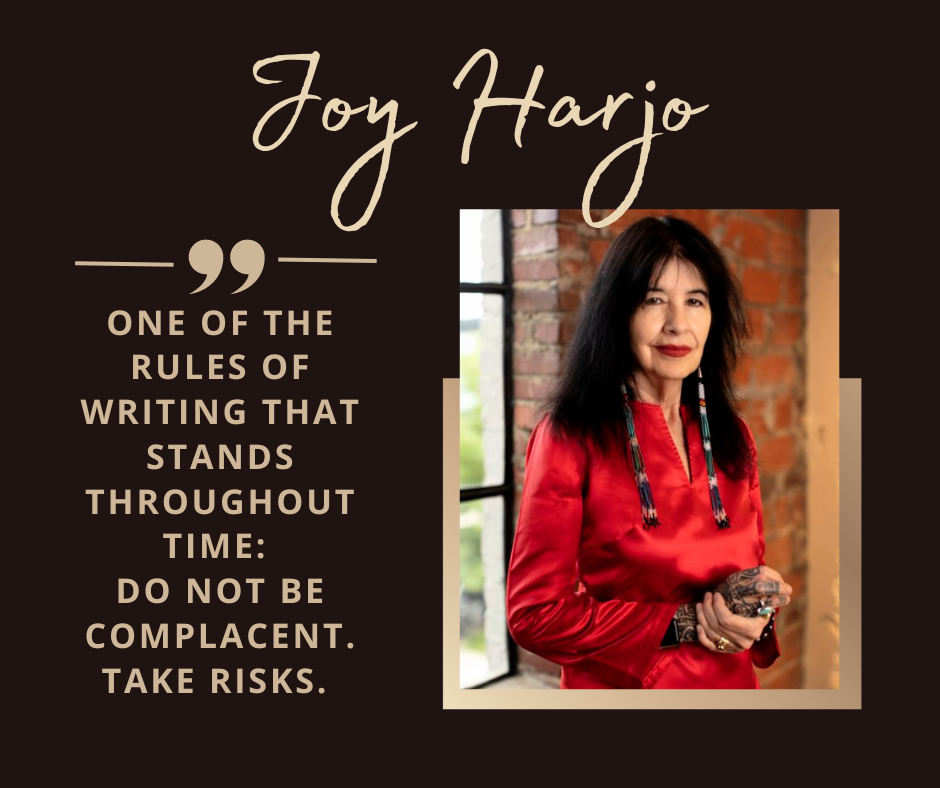
4) Connecting with Readers and Other Writers
The fourth type of community is for connecting with other authors to help you know about the world of agents, publishing, marketing, and getting your book into the hands of readers.
Resources I like: Writers Bridge, Peter Mountford, Agent and Books. Tehom Publishing, Authors Publish Magazine.
Host of Craft Talks and Writers Bridge, Allison K. Williams put it this way: we all need to be good literary citizens if we want to publish our work and get it into the hands of more readers. Whether we are writing, creative nonfiction, sermons, academic books, or memoirs, we need to engage with other writers. Review their work. Show up for each other at book launches. Barter and trade work. Having a community to ask about pitching, publishing and marketing is invaluable. We can never do everything that everyone asks. But being a good literary citizen pays well in the long run.
